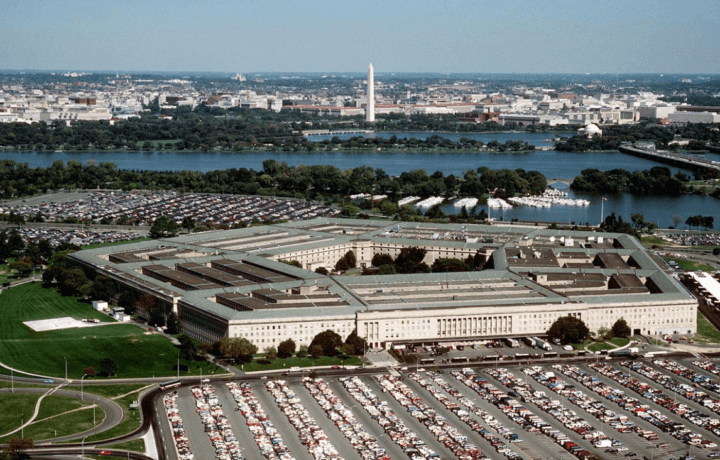Rumblings about the COVID-19 vaccine mandate resumed in the new year as the saga continues. Meanwhile Omicron still makes its rounds, and today, the Pentagon’s HPCON Charlie policy went in effect, requiring their organizations to operate at less than 25% capacity in the office. Maximum telework is also being pushed, following a week in the D.C. area that was impacted by a lot of snow and reduced office time anyway. Masks will also continue to be required at the office for all personnel and visitors. As far as the vaccine mandate status, with the Supreme Court convening for a hearing on the COVID-19 workplace rules, with a push to question who gets to dictate health decisions and other courts making decisions last week to lift injunctions or not, the final requirements continue to be murky for federal contractors. While most plan to meet the mandate, even 3-5% can still make an impact on the cleared industry where there’s nowhere to hide when employees start to leave. For now, we can only watch how the Supreme Courts ruled on Friday and guess whether or not it will adjust the federal contractor vaccine mandate in other appeals courts this month.
Layoffs Impacting the Cleared Industry
| Special Metals |
After a month-long strike, 75 workers are now getting notice of a layoff from Special Metals. Layoffs will hit February 7, following a notice that some product lines will be discontinued. For those workers, it’s challenging to join forces with others to bargain for the union and then receive a layoff notice at the end of the strike. |
|---|
Hiring impacting the Cleared Industry
|
FAA |
The Federal Aviation Administration (FAA) is looking to hire experienced air traffic controllers. You can apply this week.
The candidate must have an air traffic control certification or facility rating within five years of application while serving at any of the following:
Applicants must be U.S. citizens and no older than 35 years of age. This link provides specific qualifications. |
|---|
Cleared Employer at Work: CISA
Looking for a career you can be proud of? CISA is looking for top talent to help meet the mission of defending today and securing tomorrow! Explore opportunities.
Opportunity to Watch
A recent ruling by the DoJ highlights the need to have a strong DoD supply chain. Last week, two companies have agreed to pay over $900,000 to the federal government, resolving the allegations of violating the False Claims Act. The companies supplied the DoD with shipping containers made in China or from Chinese steel. The DoD contract specified American-made materials or contractors could use materials from specified allied countries – like South Korea. A third-party company adjusted the identifying plates on 100 shipping containers to make them appear to be made in South Korea – instead of China. Additionally, on other contracts, the supplier used Chinese steel, and both companies in court did not detect the swaps in the supplies that were provided to the U.S. military. In addition to the fines, the companies have agreed to more training and forms to help them stay in line with government procurement guidelines. Bottom line? It’s important to know where every piece of material in the supply chain originated if you’re the prime contractor.
“Protecting the integrity of the Department of Defense (DoD) procurement process and supply chain is a top priority for the DoD Office of Inspector General Defense Criminal Investigative Service (DCIS),” stated Special Agent in Charge Patrick J. Hegarty, DCIS Northeast Field Office. “The DCIS will continue to work with its law enforcement partners and the USAO-EDPA to hold DoD contractors accountable to contract requirements and ensure that quality products and services are provided to the U.S. military.”




